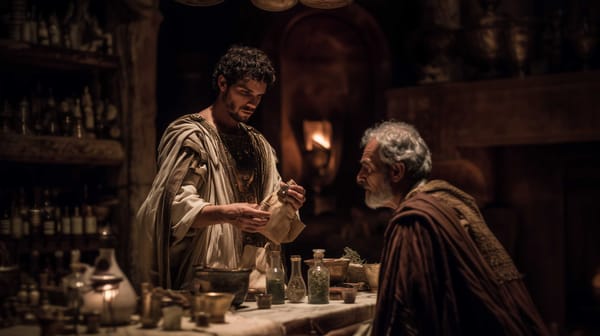
Roman Empire Anecdotes
The Art of Poison in the Roman Empire
Poison in Rome was more than murder—it was myth, medicine, and metaphor. From household betrayals to imperial plots, it blurred the line between cure and crime.

Roman Empire Anecdotes
Poison in Rome was more than murder—it was myth, medicine, and metaphor. From household betrayals to imperial plots, it blurred the line between cure and crime.
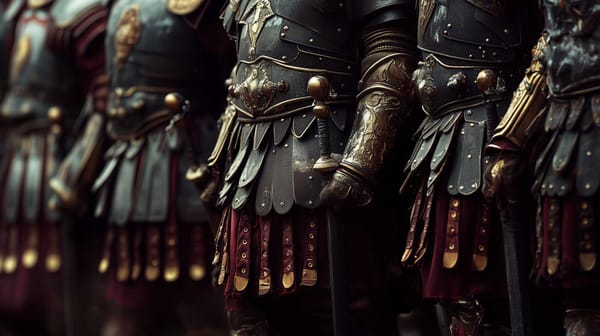
Roman Empire Historical Facts
Beyond their role as imperial bodyguards, the Praetorian Guard operated as an elite security force, enforcing state authority through surveillance, arrests, and executions.
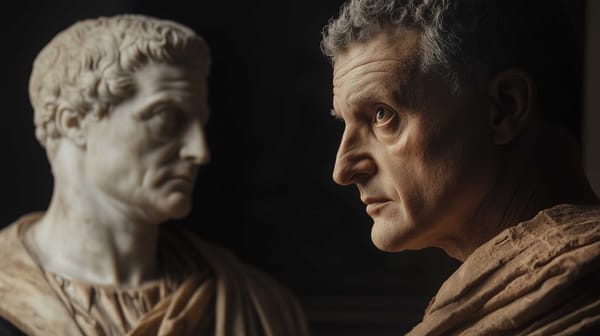
Roman Empire Anecdotes
Tiberius, Rome’s second emperor, was a ruler shaped by duty, suspicion, and an uneasy relationship with power. Unlike his predecessor Augustus, whose charisma and political acumen forged the foundations of the empire, Tiberius ruled with a more withdrawn and calculating approach
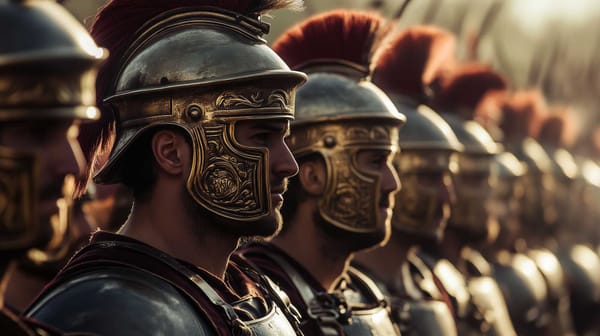
Roman Empire Historical Facts
The Roman army was not just a military force; it was the backbone of Rome’s rise to dominance and the foundation of its vast empire.
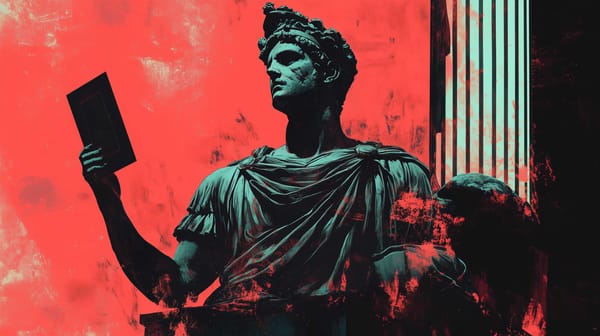
Roman Empire Historical Facts
How were the Republic and the Empire treating freedom of speech? How did the emperors censor perceived threats?

Roman Empire Historical Facts
The Gemonian Stairs became synonymous to death and humiliation for the Roman Empire's enemies and criminals.
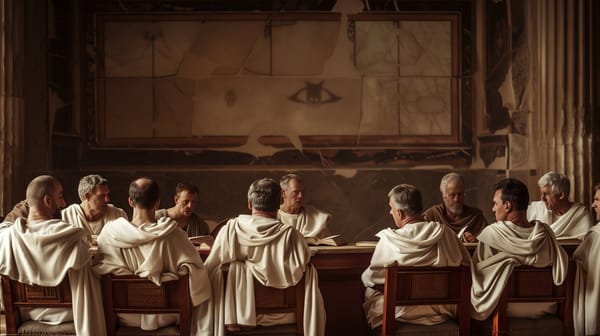
Roman Empire Historical Facts
Damnatio memoriae was a process of erasing everything there was about a person that was harmful to the Empire.